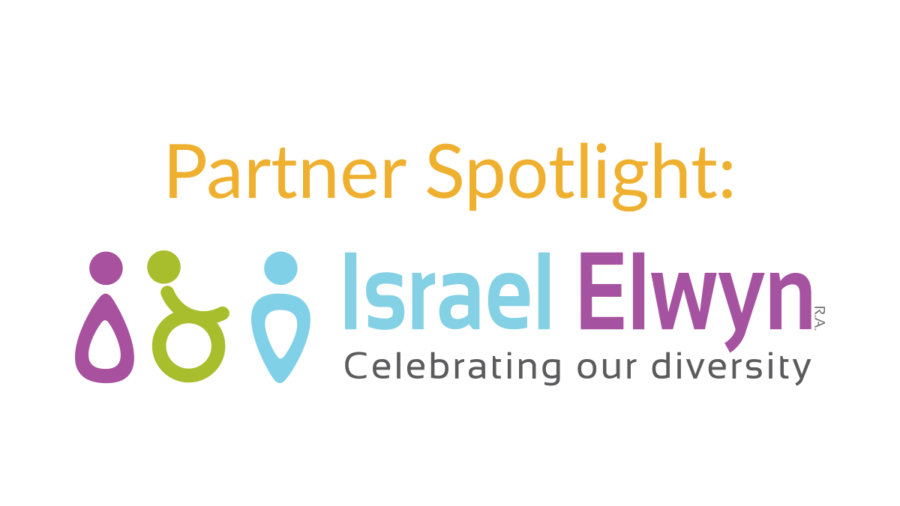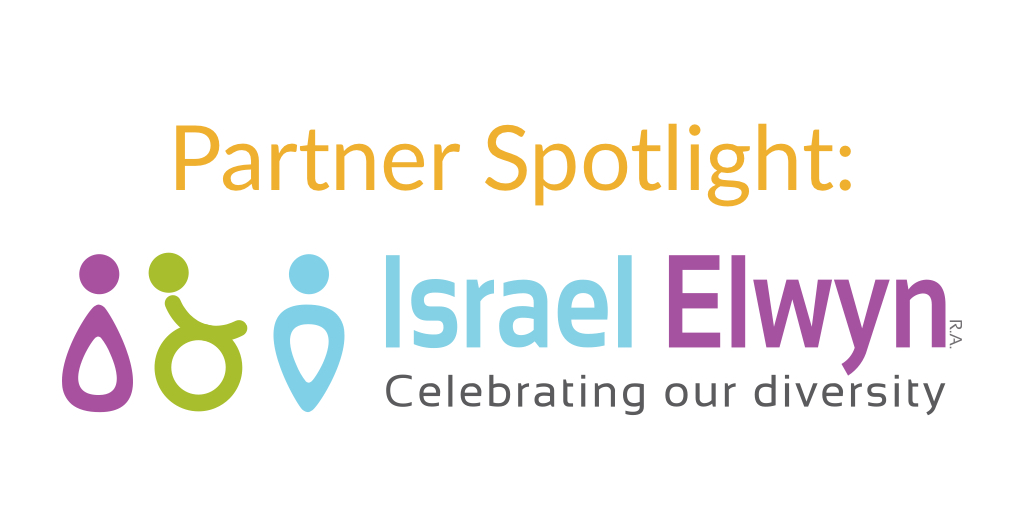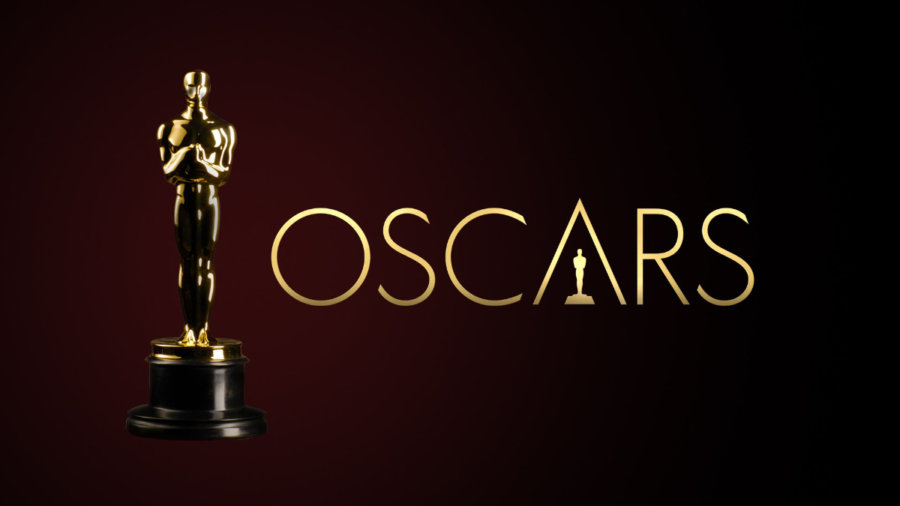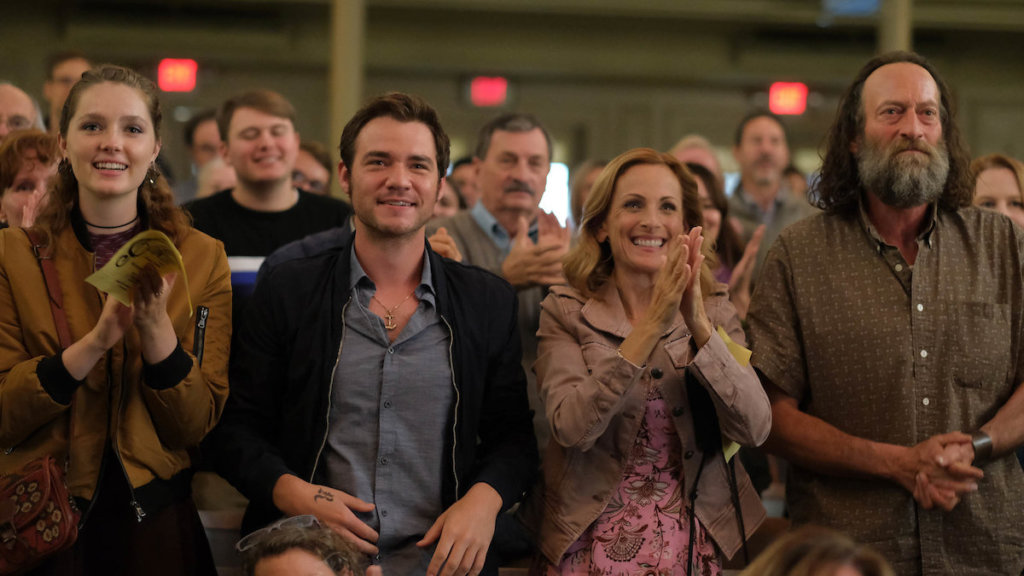I am excited to introduce Graciano Petersen, RespectAbility’s new Senior Director for Training, Culture, and Leadership Development and my new boss! Graciano has over 13 years of adult education experience and is passionate about interweaving his background in education and diversity, equity, inclusion, and accessibility (DEIA). Graciano’s experience in developing and educating leaders ideally positions him to oversee RespectAbility’s Apprenticeship Program and National Disability Training & Speakers Bureau. A strong ally of the Jewish community, Graciano will bring his expertise to overseeing my work with the LA Jewish Speakers Bureau.
Thanks to a Cutting Edge grant from the Jewish Community Foundation of Greater Los Angeles, we are expanding the LA Jewish Speakers Bureau. We have the opportunity to recruit 10 Jews in Los Angeles with disabilities and train them to be speakers. We will book these speakers two speaking engagements each and pay them for their time.
These engagements will open the minds of the LA Jewish community to the potential of Jews with disabilities and show Jewish organizations the value of having people with disabilities in their membership, on their board and as part of their staff. The grant also allows RespectAbility to serve as a resource to the LA Jewish community in its efforts to increase capacity for disability inclusion through consulting and training.
If you or someone you know may be interested in becoming a speaker on RespectAbility’s LA Jewish Speakers Bureau contact JakeS@RespectAbility.org.


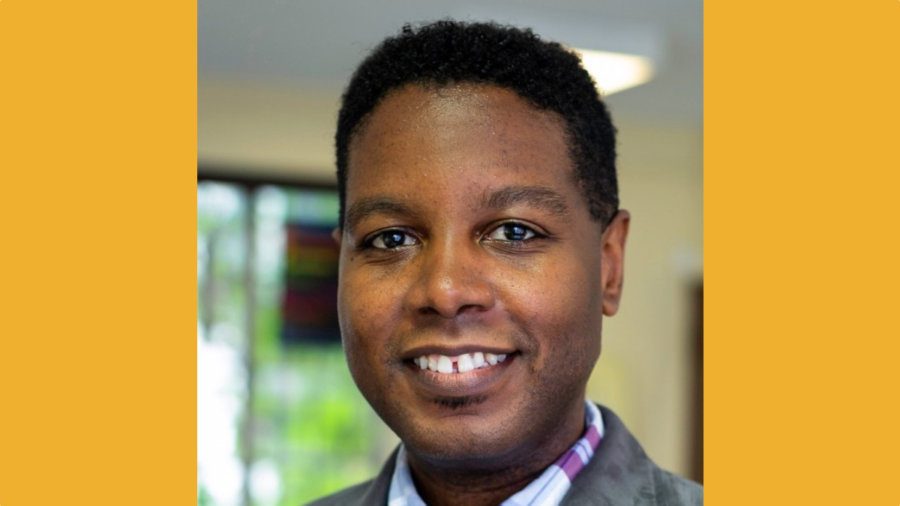
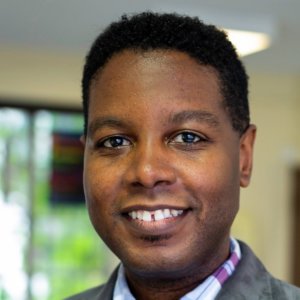
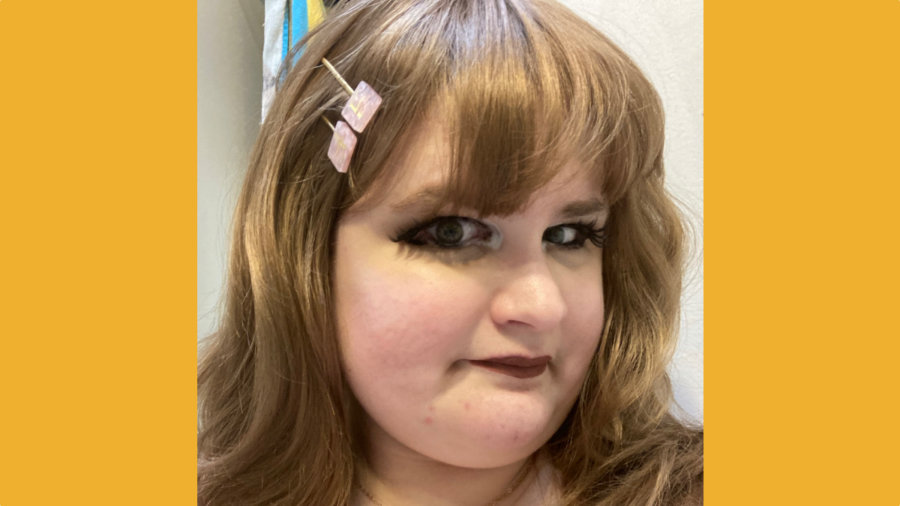
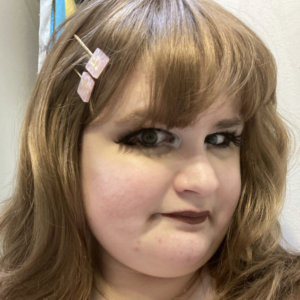
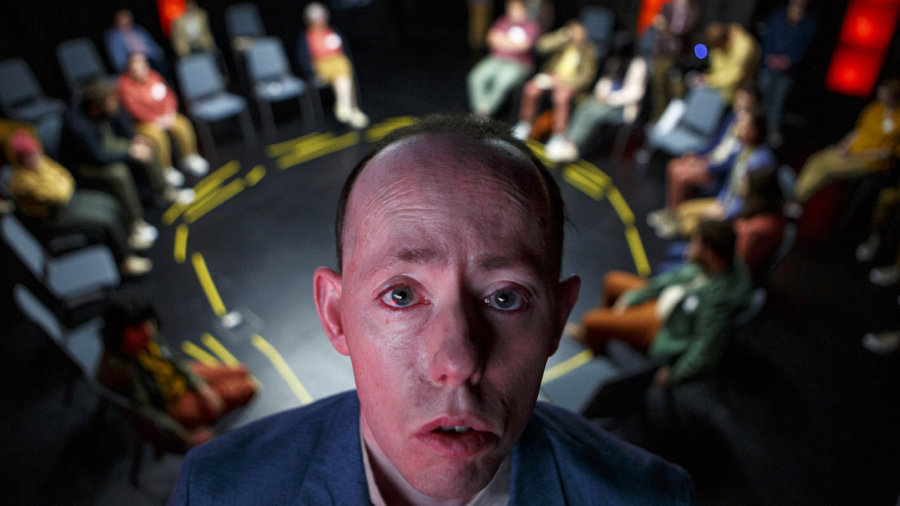
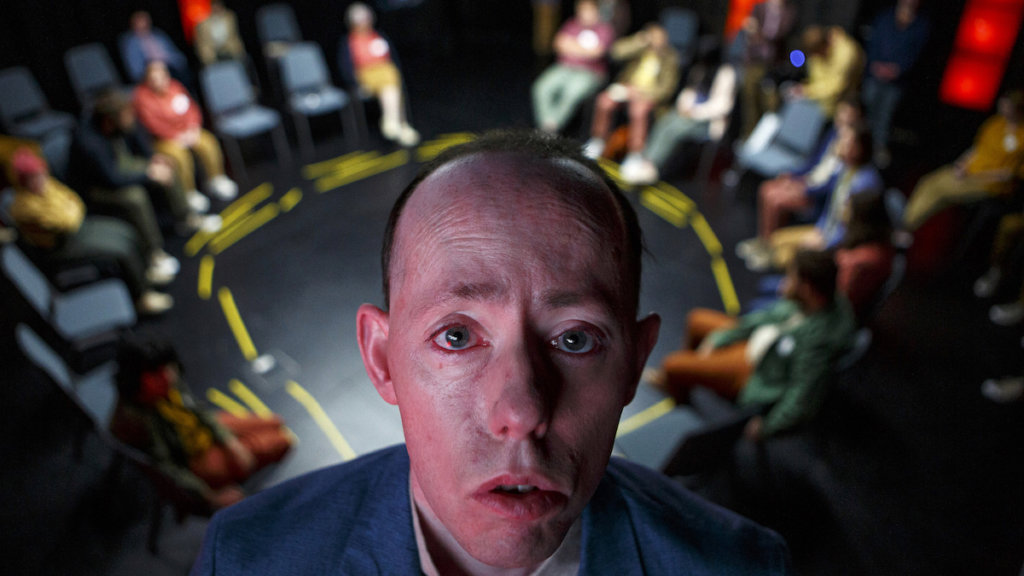
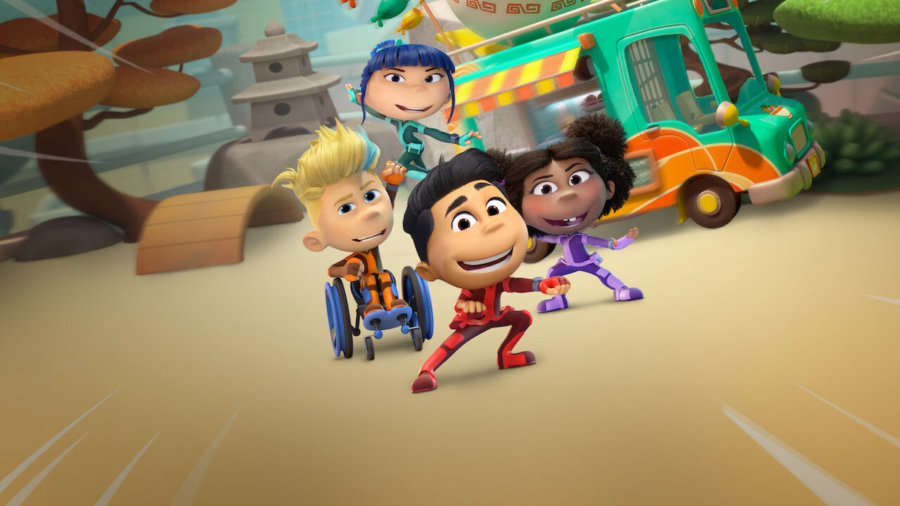
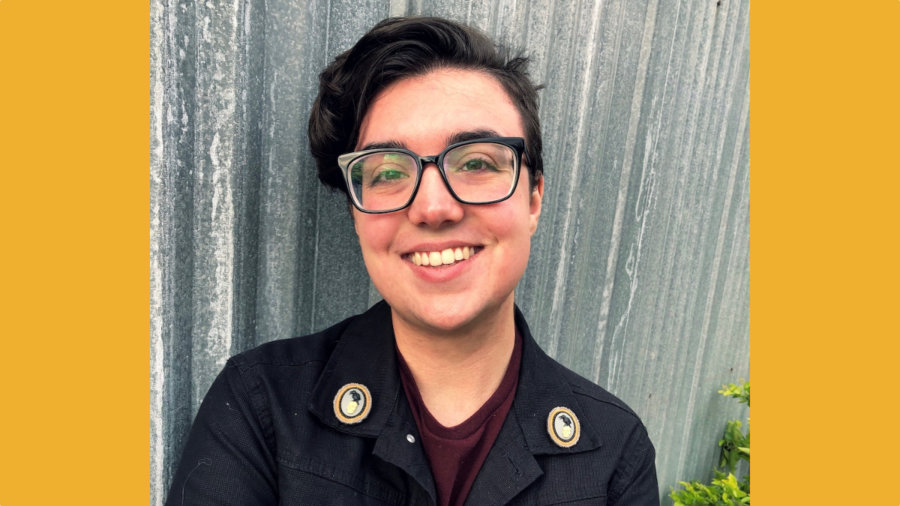
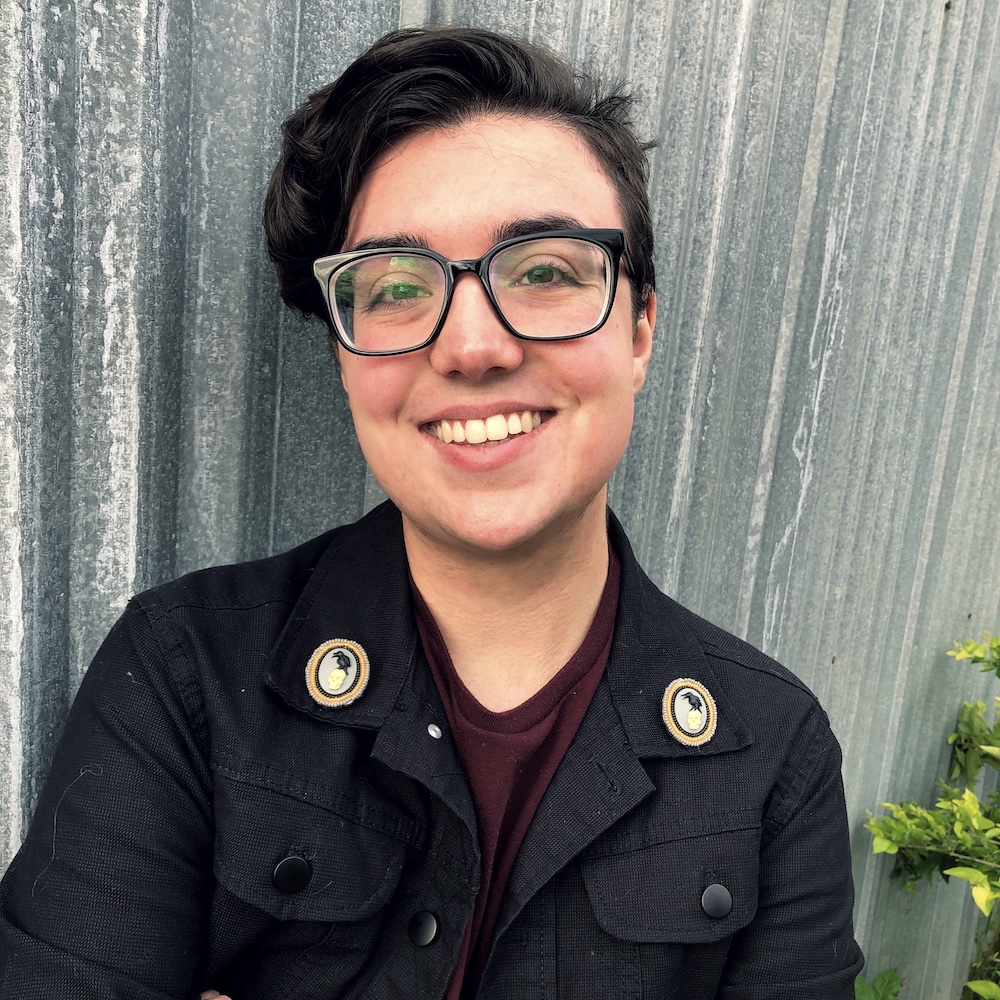 Los Angeles, March 14 – When you’re disabled, when you’re trans, when you’re a child growing up in a rural community of abuse, your body does not belong to yourself. The most important thing you can do, as impossibly difficult as it is, is to reclaim yourself.
Los Angeles, March 14 – When you’re disabled, when you’re trans, when you’re a child growing up in a rural community of abuse, your body does not belong to yourself. The most important thing you can do, as impossibly difficult as it is, is to reclaim yourself.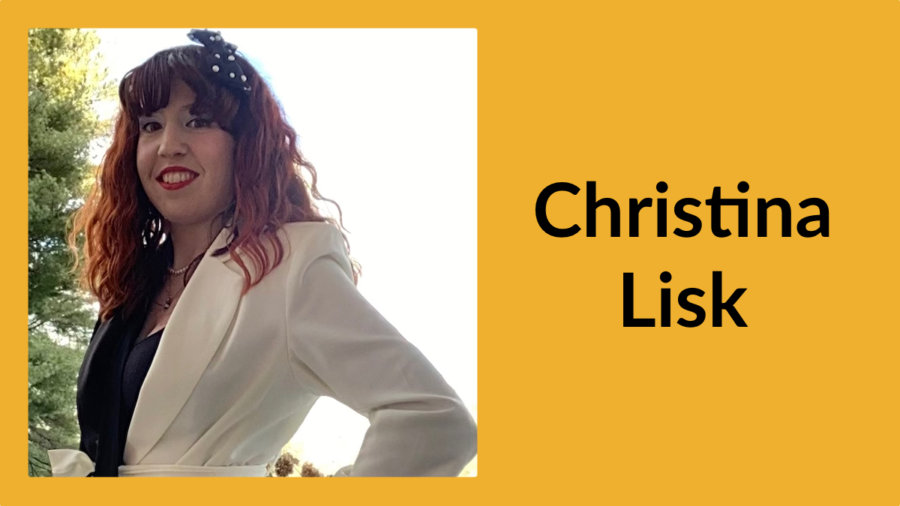
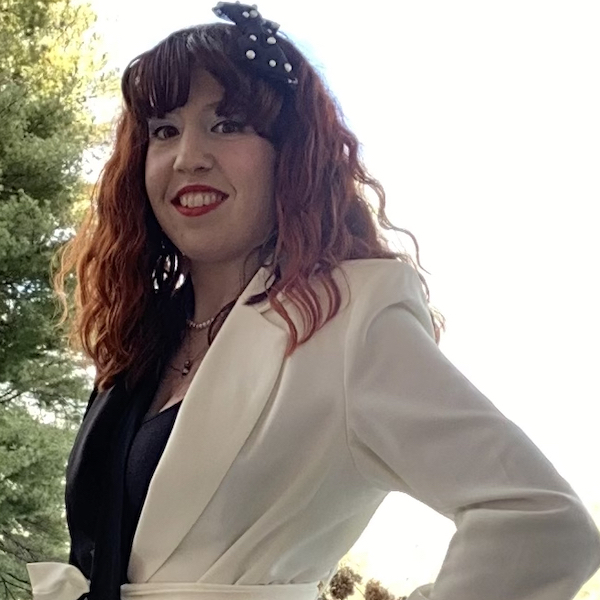
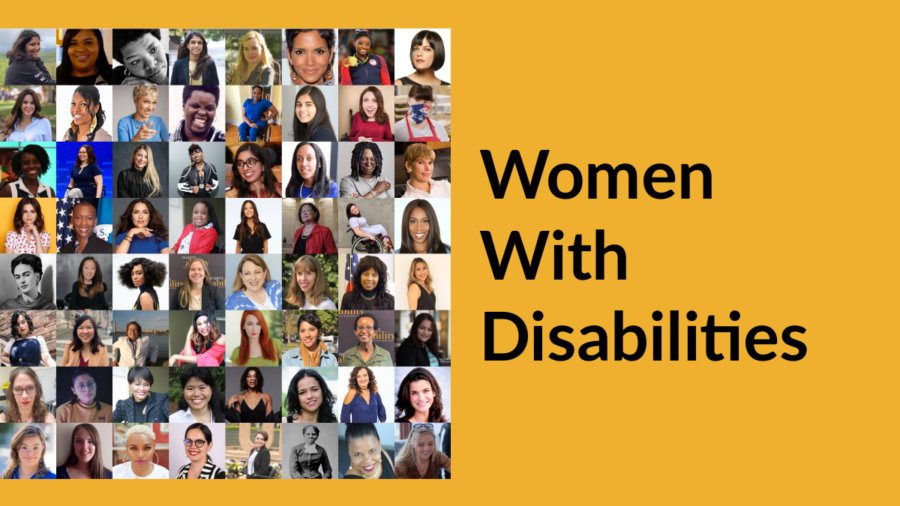
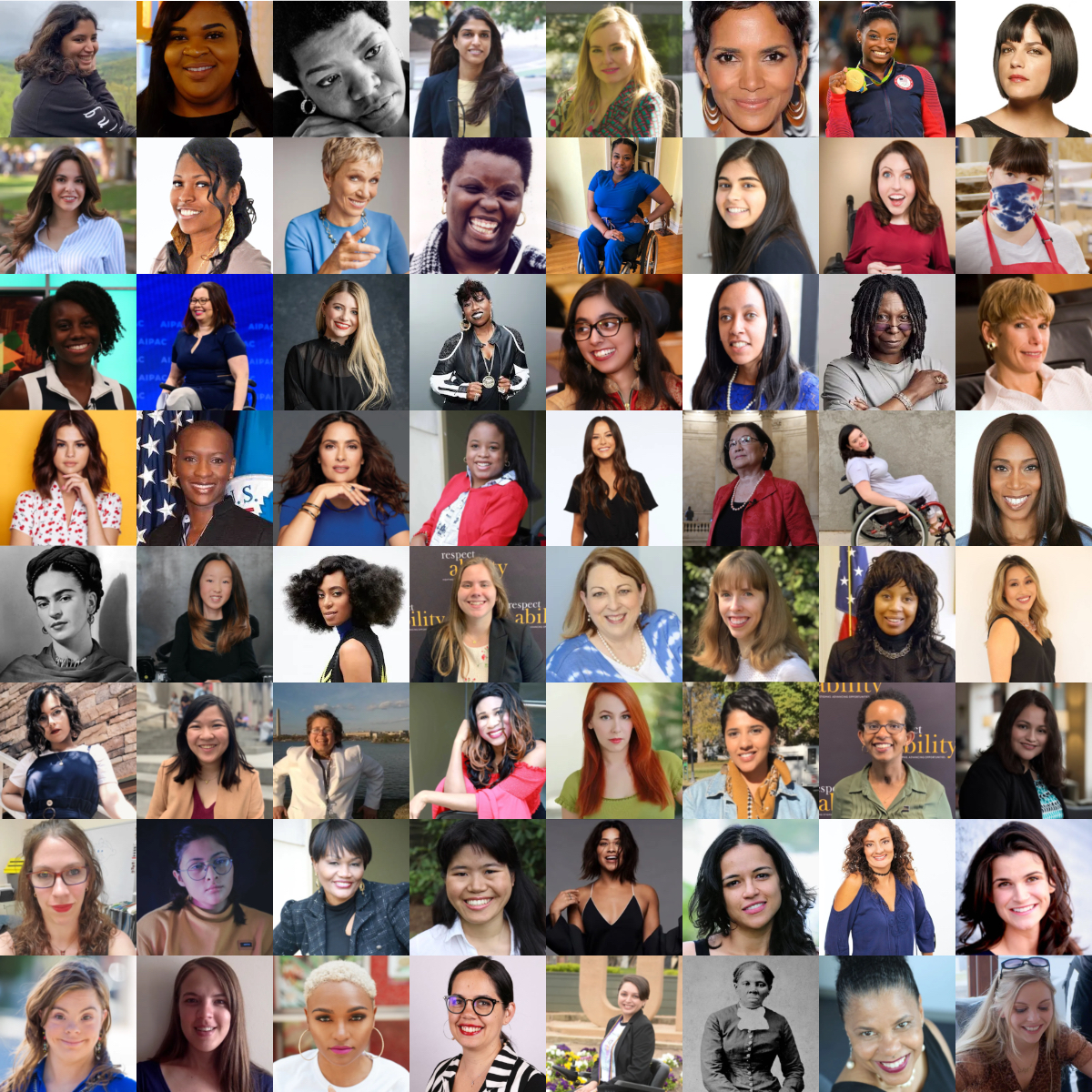 Washington, D.C., March 12 – As we celebrate Women’s History Month and International Women’s Day, which take place every March, RespectAbility recognizes the important contributions made by women now and throughout the history of the United States. It is important to note this includes more than 22.7 million women living with a disability.
Washington, D.C., March 12 – As we celebrate Women’s History Month and International Women’s Day, which take place every March, RespectAbility recognizes the important contributions made by women now and throughout the history of the United States. It is important to note this includes more than 22.7 million women living with a disability.